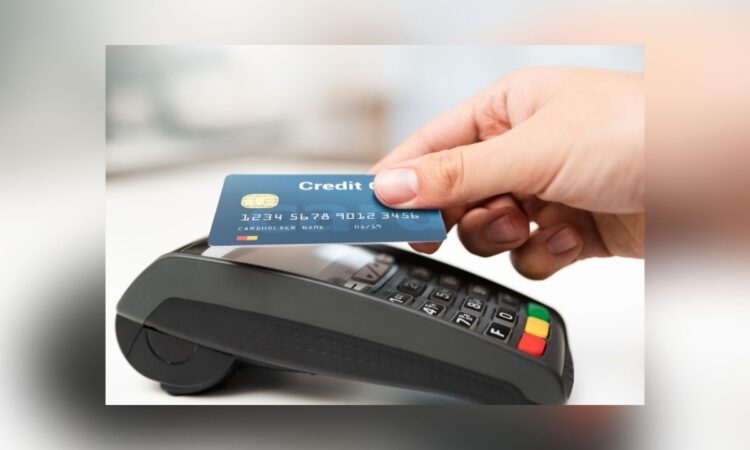
The Better Business Bureau (BBB) is alerting consumers to a growing scam known as “ghost tapping,” in which fraudsters exploit tap-to-pay cards and mobile wallets to steal money without physical contact.
The scam takes advantage of Near Field Communication (NFC) technology, which enables quick, wireless payments but can be misused in crowded or distracted settings. Ghost tapping involves scammers using wireless devices to charge tap-enabled cards or mobile wallets without the victim’s knowledge.
Unlike traditional card scams requiring physical access, this fraud can occur discreetly.
The BBB has noted cases where scammers employ tactics such as:
-
Approaching victims in crowded places like festivals or transit stations to secretly charge cards by getting close.
-
Posing as vendors at events or markets, requesting tap payments for fake goods or services.
-
Soliciting donations for fake charities, charging significantly more than requested.
-
Rushing victims to tap without verifying the merchant name or transaction amount.
One victim reported to BBB Scam Tracker: “An individual is going door to door in [location redacted] claiming to be selling chocolate on behalf of [redacted] to support special needs students. He says that he can only accept tap-to-pay to get people to pay with a card. He then charges large amounts to the card without the cardholder being able to see the amount.”
“He got my mother for $537. … Another victim for $1100. … He changes neighborhoods frequently to avoid getting caught.”
Warning signs include bank alerts for small or unusual “test” charges, requests to tap without displaying the total or providing a receipt, and suspicious charges after visiting crowded areas.
To protect against ghost tapping, the BBB recommends:
-
Use RFID-blocking wallets or sleeves to prevent wireless skimming.
-
Verifying the merchant’s name and amount on the terminal before tapping.
-
Setting up real-time transaction alerts through your bank.
-
Monitoring accounts daily to detect fraud early.
-
Avoid tap-to-pay in high-risk areas and opt for swiping or inserting cards instead.
If victimized, consumers should immediately contact their bank or card issuer, freeze or cancel the affected card, and report the scam to BBB Scam Tracker. The BBB advises caution as contactless payments grow in popularity, urging users to stay vigilant to avoid falling prey to this deceptive scheme.



